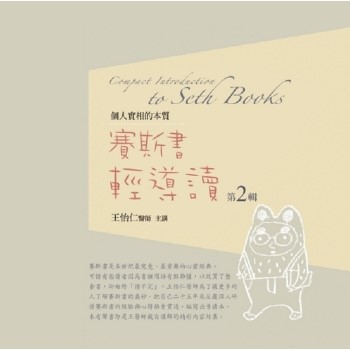This Element examines the socio-political hierarchy of England in the tenth and eleventh centuries, focusing upon the plasticity of the boundary between the ranks of ceorl and thegn. Offering a nuanced analysis of terms such as thegn and ceorl in both early medieval texts and modern scholarship, the Element highlights the mechanisms that allowed these non-institutional signifiers to hold such social weight while conferring few tangible benefits. To better describe the relative social positions, the author argues that a compound method is preferable, supporting this proposal via a thorough deconstruction of writings by Archbishop Wulfstan II of York - responsible for many of scholars’ ideas about rank in the period - and the examination of sources that evidence a blurring of ’middling’ social boundaries across the two centuries under discussion. Together, these strands of interrogation allow for a fuller understanding of how status was constructed in early medieval England.
| FindBook |
有 1 項符合
Visions of Hierarchy and Inequality in Early Medieval England的圖書 |
 |
Visions of Hierarchy and Inequality in Early Medieval England 作者:Pracy 出版社:Cambridge University Press 出版日期:2025-01-16 語言:英文 規格:精裝 / 75頁 / 普通級/ 初版 |
| 圖書館借閱 |
| 國家圖書館 | 全國圖書書目資訊網 | 國立公共資訊圖書館 | 電子書服務平台 | MetaCat 跨館整合查詢 |
| 臺北市立圖書館 | 新北市立圖書館 | 基隆市公共圖書館 | 桃園市立圖書館 | 新竹縣公共圖書館 |
| 苗栗縣立圖書館 | 臺中市立圖書館 | 彰化縣公共圖書館 | 南投縣文化局 | 雲林縣公共圖書館 |
| 嘉義縣圖書館 | 臺南市立圖書館 | 高雄市立圖書館 | 屏東縣公共圖書館 | 宜蘭縣公共圖書館 |
| 花蓮縣文化局 | 臺東縣文化處 |
|
|
圖書介紹 - 資料來源:博客來 評分:
圖書名稱:Visions of Hierarchy and Inequality in Early Medieval England
|










